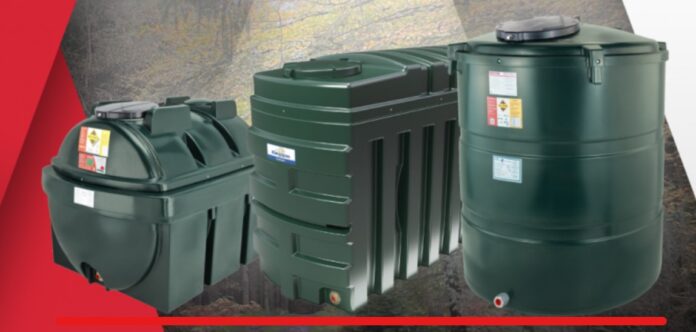Importance of Oil Tank Maintenance
Oil tanks are indispensable components in many homes and businesses, particularly in regions with colder climates where oil heating is prevalent. Regular maintenance and check-ups can significantly extend the tank’s lifespan and prevent many issues that could compromise your system. Ensuring proper maintenance can save you from the headache and expense of dealing with leaks or failures. Early detection of issues is crucial for oil waste treatment Orange County, NY. You can manage costs and significantly reduce potential damage by taking proactive steps. Many people overlook oil tanks until a problem occurs, but proactive maintenance is critical to the longevity of your heating system. Regular care ensures the system’s efficiency, which translates into fuel savings. Furthermore, maintaining your oil tank is not just about preventing inconvenience; it’s also about safeguarding the environment by minimizing the risk of oil leaks and the resulting soil and water contamination.
Table of Contents
Identifying the indications that your oil tank requires maintenance can help you save both time and money in the future. Vital signs to watch for are strange odors, rust that can be seen, and oil collecting near the container. These signs may indicate the presence of a leak or other significant problems. Moreover, unexplained rises in oil usage may signal a potential issue with your tank or oil lines. Pay attention to any abnormal sounds emanating from the tank, as they could also signify an issue that requires attention. If you observe any of these indicators, it is crucial to take immediate action. Postponing fixing problems can result in more severe problems later, such as pollution and increased repair expenses. Staying alert can significantly impact the upkeep of a functional and healthy oil tank system.
Common Oil Tank Issues
Numerous problems, including corrosion, silt buildup, leaks, and broken parts, can affect oil tanks. Moisture-related corrosion undermines the tank’s integrity and leaks oil into the ground, resulting in expensive cleanup and soil contamination. The sediment buildup obstructs fuel lines, decreasing the heating system’s effectiveness and sometimes leading to malfunctions. Leaks can result in fuel waste and pollution of the environment due to rust, physical damage, or faulty sealing. If a little leak is not fixed right away, it might result in significant damage.
Prevention Tips and Best Practices
Regarding oil tanks, prevention is always preferable to treatment. Scheduling annual inspections with a qualified technician can help identify minor issues before they escalate. These professionals have the tools and expertise to spot potential problems that might be hidden from the untrained eye. Keep the tank area clean and free from debris to maintain efficient operation. Using high-quality oil and adding stabilizers can help reduce sludge buildup, which can affect the lifespan and efficiency of your tank. It may also be wise to install a double-walled tank to protect against leaks. A double-walled tank provides an extra layer of security, giving you peace of mind.
Environmental Impact of Oil Tank Leaks
Leaking oil tanks pose significant environmental threats, including soil and water contamination, which can have long-lasting effects. According to the U.S. Environmental Protection Agency, a single gallon of oil can pollute a million gallons of water. This sobering statistic highlights the importance of maintaining your oil tank to prevent leaks. Immediate action is needed to control and mitigate leaks to promptly prevent long-term environmental damage. Unauthorized and unchecked oil spills can lead to fines and legal repercussions. Preventative measures benefit the environment and save you from legal and financial consequences. Keeping your oil tank in good condition contributes significantly to broader environmental protection efforts.
When to Seek Expert Help
Do-it-yourself fixes are only sometimes adequate. If you encounter repeated symptoms or suspect a significant risk, it is advisable to seek professional guidance. Experts have the knowledge and tools to solve challenging issues promptly and efficiently. They may assess the condition of your tank, recommend any necessary repairs, and even recommend more eco-friendly and efficient solutions. A yearly professional tank inspection also provides you peace of mind. They can identify problems you might have missed and offer advice on improving things. Your property’s environment and safety are preserved when you follow our expert advice, guaranteeing that your oil tank stays in good operating condition.
